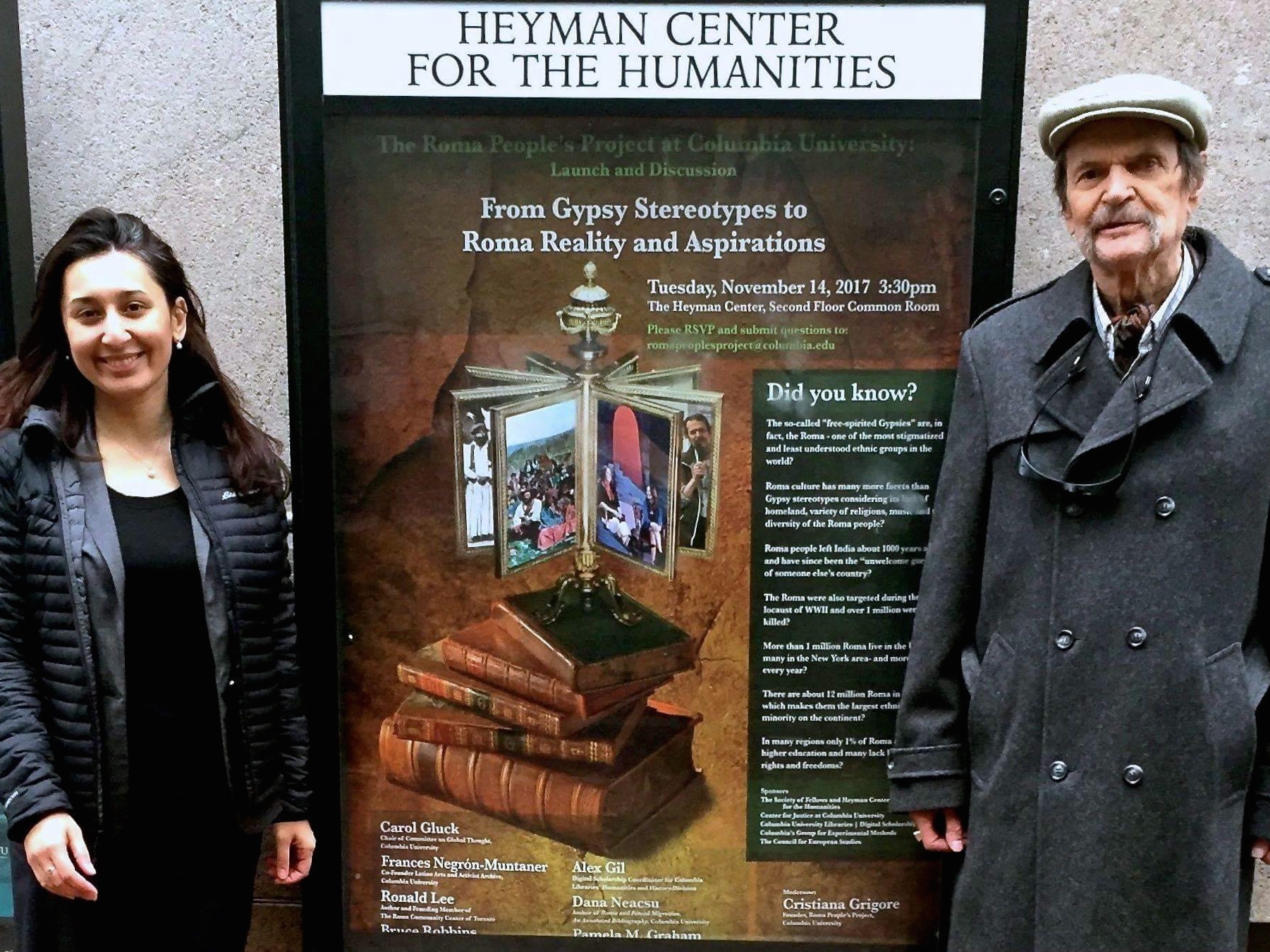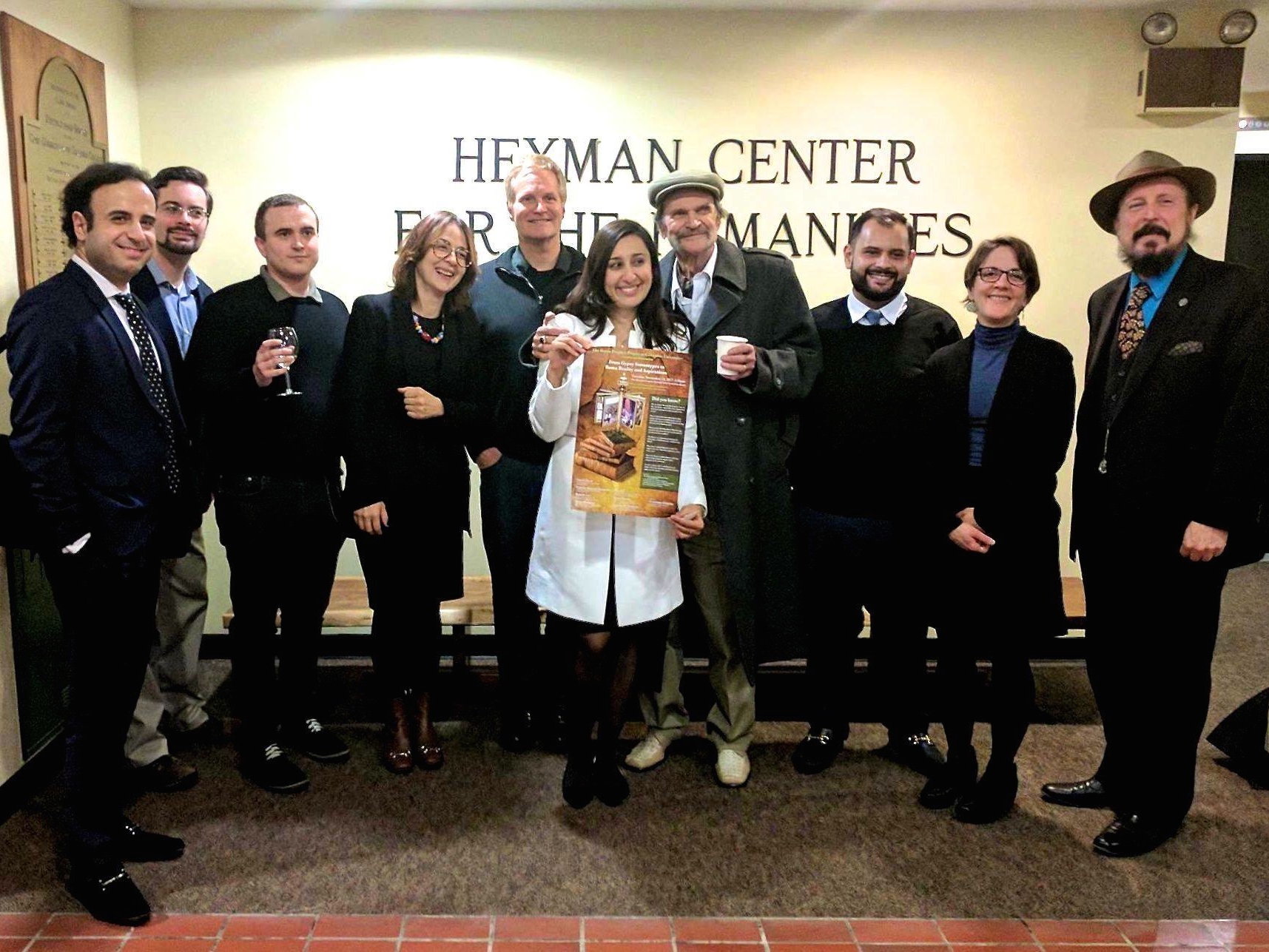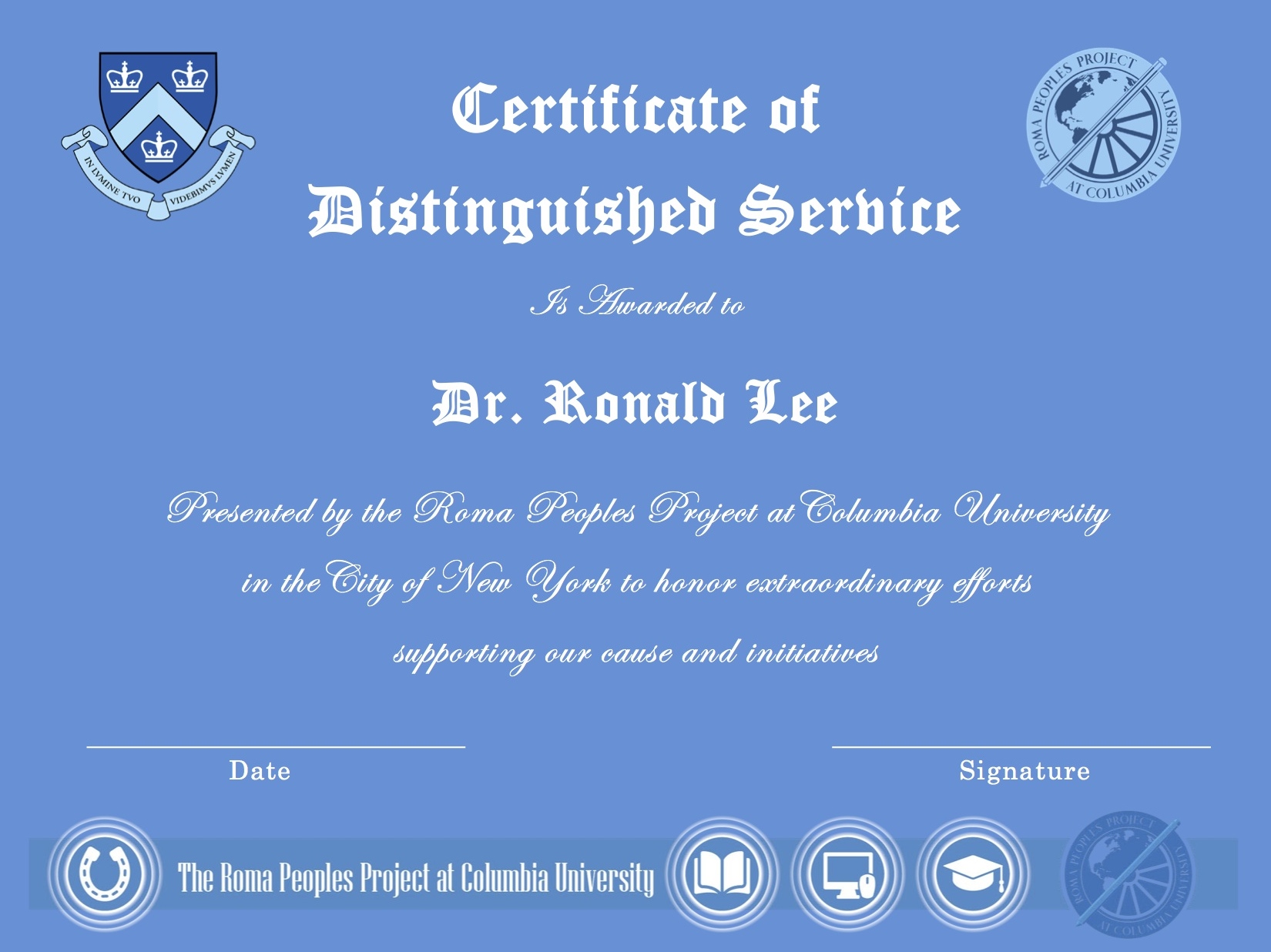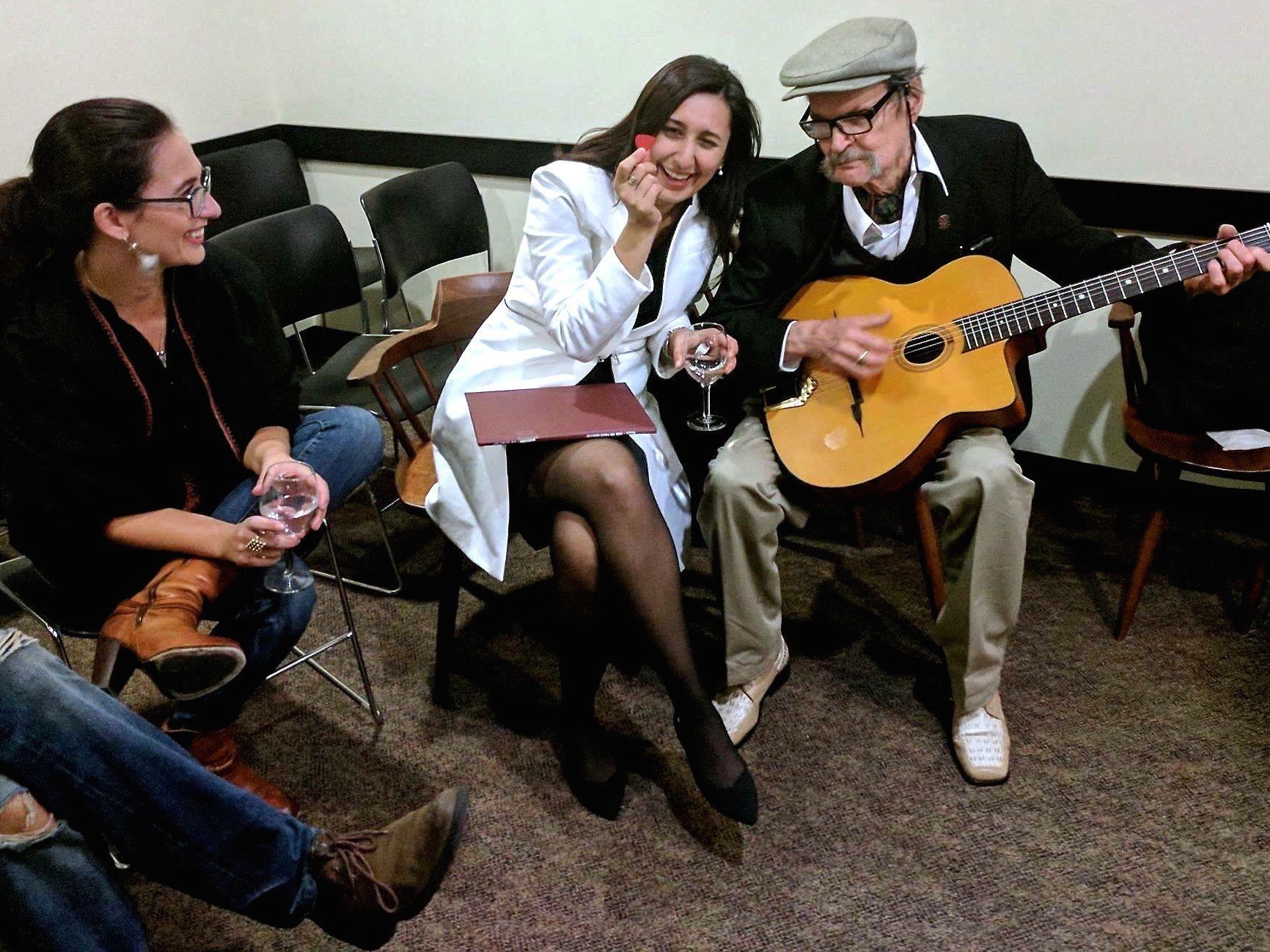Honoring the Memory of Our Mentor, Ronald Lee

For the past couple of years, every time I called Ronald Lee and asked him: “How are you doing, Kako Ron?”—meaning “Uncle Ron,” a term of endearment and respect in the Roma language—he would answer, “Oh, not too bad.” Then he would go on to tell me about his day, his work in progress, and his battle with his illness, which he faced with so much dignity and resilience.
Ronald Lee was a Canadian Roma, born in Montreal. He was a journalist and author, and from 2003 to 2008, he taught a spring seminar, “the Romani Diaspora in Canada” at the University of Toronto. He was a founding member of the Roma Community Center, in Toronto, which assists Romani newcomers to Canada with social integration as well as serving as a cultural center. He published three books to date and his fourth, The Gypsy Invasion: Romani Refugees in Canada 1997-2017, will be published posthumously. He also wrote numerous articles for newspapers, magazines, and academic journals, while lecturing extensively throughout the US, Canada, and Europe. Born in 1934, he passed away on January 25, 2020 at the age of 86.

I met Dr. Ronald Lee some years ago, but it was in 2017, during the launch of the Roma Peoples Project at Columbia University, that I really got to know him. He appreciated our vision for the project and offered his full support and mentorship, including serving as a key speaker at our launch event. Thanks to his extraordinary support for the Roma Peoples Project, we presented him with a diploma at our anniversary reception in November of last year.

Not only did he have a brilliant and independent mind—with a vast experience, and knowledge on Roma issues, as well as linguistics, literature, politics, history, and music—but he was also a kind, enchanting person, who always made me smile with his witty comments. He was a crucial part of the fabric of conceptualizing the Roma Peoples Project, and I fondly remember our long conversations, his openness to a diversity of being Roma. He knew how to share the perspectives of the elderly—conveying the importance of the Roma language and preservation of customs—without limiting our desire to focus on new possibilities. He never made me feel less important because I hid my Roma identity for a long time and learned to be Roma on my own terms. He never made me (or my colleagues) feel inadequate for being younger, or for being a woman. He knew how to appreciate effort and real accomplishments, without the often rigid hierarchical systems of power that can slow down innovation. He knew how to be there for us and guide us without imposing his own views, and he always treated us seriously, even if I presented an idea that might not have been on his mind. He had a powerful impact on my entire team and everyone felt privileged to have met him.
During a long visit to Canada last year, RPP collaborator Cosmina-Silvia Nistor and I had the chance to visit Ronald Lee at his home in Hamilton, Ontario. Although he was weaker than when he came to New York for the launch event, he welcomed us with enthusiasm and expressed so much strength and gentleness. It was evident in the way his eyes would light up when his cat got into the room as we were speaking, or as he was playing music, speaking about his wife and children, and in the candid manner in which he shared stories. I was in awe of his collection of diplomas and honors from human rights organizations and fellow Roma activists, his musical instruments, and the history he built over the past decades.

Although Ronald Lee is very well known within the niche group of people interested in Roma rights and human rights, his impressive accomplishments deserve more recognition in the mainstream world. His work is of great merit and makes profound contributions to both Roma and society, yet Roma people and Roma scholarship remains under-recognized. That’s why we have a great responsibility to continue and honor his incredible efforts, building on the legacy he left for us. I hope that, one day, he will get the place he deserves in history, among other major leaders.
It’s still hard to believe that he is not among us anymore, and sometimes I have this instinct to pick up my phone and talk with him. I imagine when I ask how he’s doing he would say something along the lines of: “Oh, I got here sooner than expected, but it’s not too bad.”
Message from Cristiana Grigore & team of the Roma Peoples Project at Columbia University